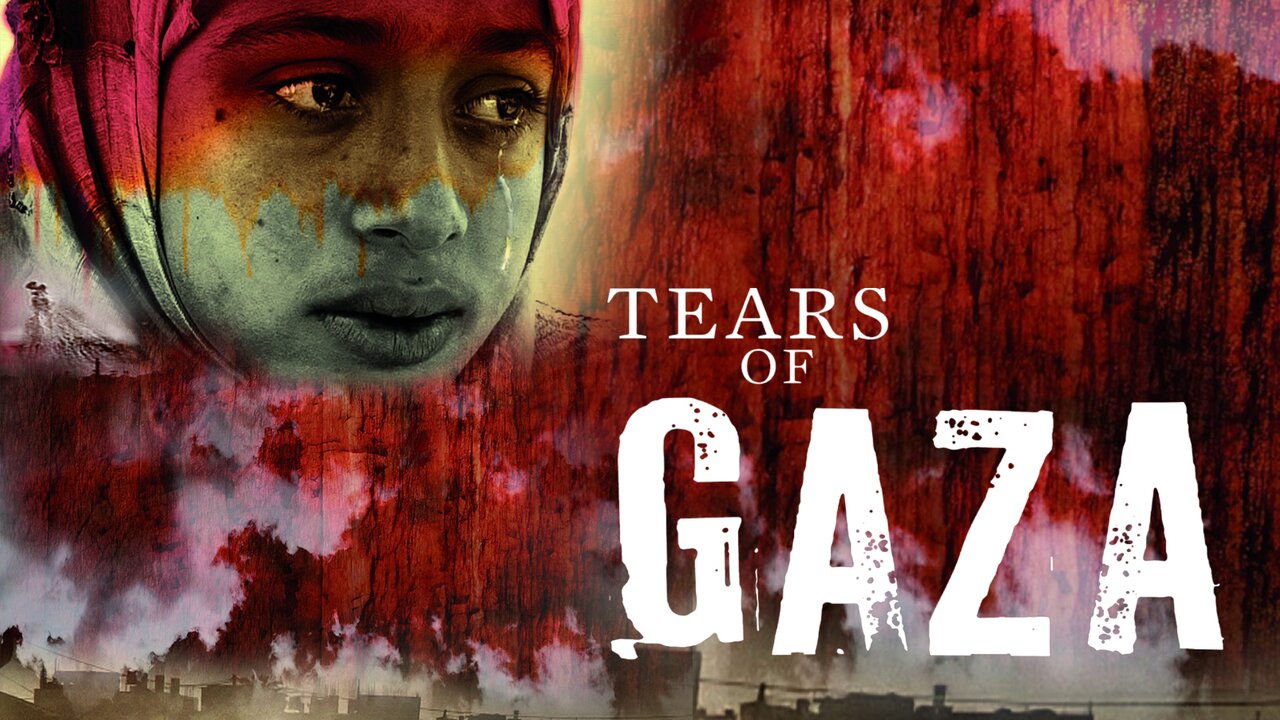"Tears of Gaza”: the unseen reality of Israel's oppression

TEHRAN-Gaza is a land that has experienced the relentless oppression of the Israeli regime for generations. The small strip of land in the occupied Palestinian territories is home to numerous tragic and terrifying memories, making it the focus of many documentaries over the years.
One of these documentaries is "Tears of Gaza," directed by Norwegian actress and film director Vibeke Lokkeberg, which was released in 2010. The documentary is an internationally acclaimed work that delves into the reality of Israel's brutal war against Gaza in 2008.
"Tears of Gaza" narrates the events after Israel's operation "Cast Lead", also known as "Gaza Massacre". This battle took place between 2008 and 2009. Since the beginning of "Cast Lead", the Israeli army and the Egyptian government have been preventing foreign journalists from entering the Gaza Strip. This decision was made to prevent another propaganda disaster against Israel; the disaster that Israeli regime had experienced for releasing journalists during its 2006 war with Hezbollah.
In an interview with Tehran Times, Lokkeberg said: “I was curious to uncover what Israel was trying to conceal from international journalists. However, no international reporters were allowed to cover the 'Cast Lead' operation.”
"Tears of Gaza" narrates the oppression of Palestine through the lens of some Gazan children. When the audience goes along with the documentary narrative, from their point of view, Israeli crimes can no longer be justified with words like "incursion" and "self-defense".
Lokkeberg pointed out that she decided to focus on children and woman left alone after their husbands and fathers were killed by IDF soldiers.
"Tears of Gaza" is accompanied by three children from Gaza; Yahya (12 years old), Amira (14 years old) and Rasmia (11 years old). Each of these children tells a part of the terrible events they experienced due to the attacks of the Israeli army. They also talk about their dreams. Yahya wants to become a doctor so he can heal people who are shot by Israelis. Amira says that she wants to become a lawyer so she can take the Israelis to court for the crimes they have committed.
“I wanted to showcase the daily lives of the people, to see how they cope with challenges such as cooking amidst ruins with their children, mourning at their father's grave, and sharing their stories with us," the Norwegian director mentioned.
"Tears of Gaza" realistically and without censorship depicts heartbreaking and real images of Israeli attacks. These pristine images, never before seen in the media, attracted the attention of the judges at the Cannes Festival. However, the Los Angeles Times condemned Lokkeberg for "one-sided propaganda" against Israel.
Lokkeberg expressed that her goal was to make an identification so Gazans' destiny come close to the audience. “To make people understand that they are equal to us.”
“The way of telling the story makes you feel that I, as a director, have compassion for the victims. You 'feel' that they are occupied and living in a concentration camp,” she noted.
Lokkeberg explained her film style: "I made the movie different from a classic documentary. I used dramaturgy in the same way as I would if I were making a fiction movie."
Despite facing opposition, "Tears of Gaza" achieved remarkable success, receiving numerous prestigious awards at various film festivals. Notable accolades include recognition at the 35th Toronto Film Festival and the 12th Resistance International Film Festival held in Iran. The film was also presented at universities and in regular cinemas, with the NYT critic describing it as the "best antiwar movie" and a "must-see."
AH/SAB

No comments:
Post a Comment